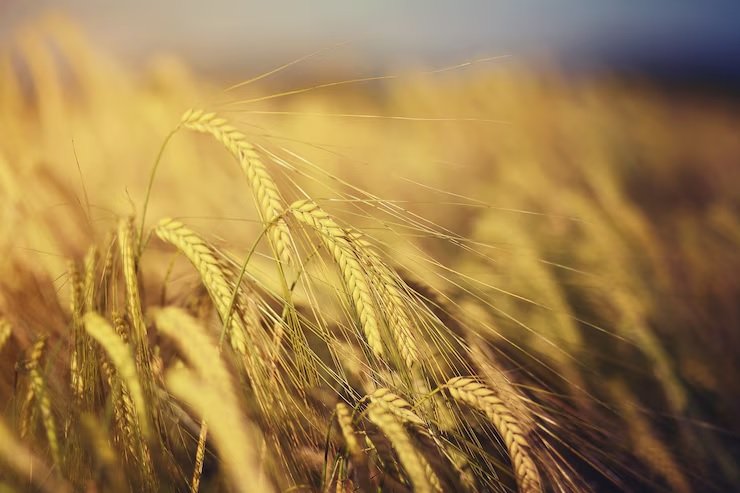Relief Hinges on Export of Value-Added Wheat Products
27-Sep-2025 03:36 PM

New Delhi. The commercial export of wheat and its value-added products—atta, maida, and semolina—has been banned since 2022.
Meanwhile, domestic wheat production has steadily increased, and government procurement has also increased. Prices of wheat and its products have fallen, even though government wheat sales have not yet begun.
Industry and trade analysts say that the sowing of wheat, the most important food grain of the Rabi season, will soon begin, and the government will also announce its Minimum Support Price (MSP).
The MSP for wheat for the 2024-25 Rabi season was fixed at ₹2,425 per quintal, and prices in most markets are hovering around or slightly above this level.
The supply and availability of wheat in markets is normal, and the central pool also has a good stock of this important food grain.
The President of the Roller Flour Millers Federation of India has made some good suggestions to the government on the wheat issue, which deserve serious attention. He says that even if the government does not decide to open wheat exports at this time, it should definitely consider allowing the shipment of its products.
Although opening exports is unlikely to significantly increase the domestic market price of the products, if the government fears a price increase, it should be allowed initially with quantitative controls. If everything remains normal, these controls can be lifted later.
The global market price of wheat has softened, making it difficult to export from India, but its products could be shipped better.
There are many traditional buyers of Indian wheat products who will not hesitate to import it. If exports are allowed, it will help the industry reduce its surplus stocks to normal levels and the country will also receive valuable foreign exchange.
Early indications suggest that wheat acreage and production may increase in the upcoming Rabi season. The government has also increased the production target even though it already has surplus stock of wheat.
